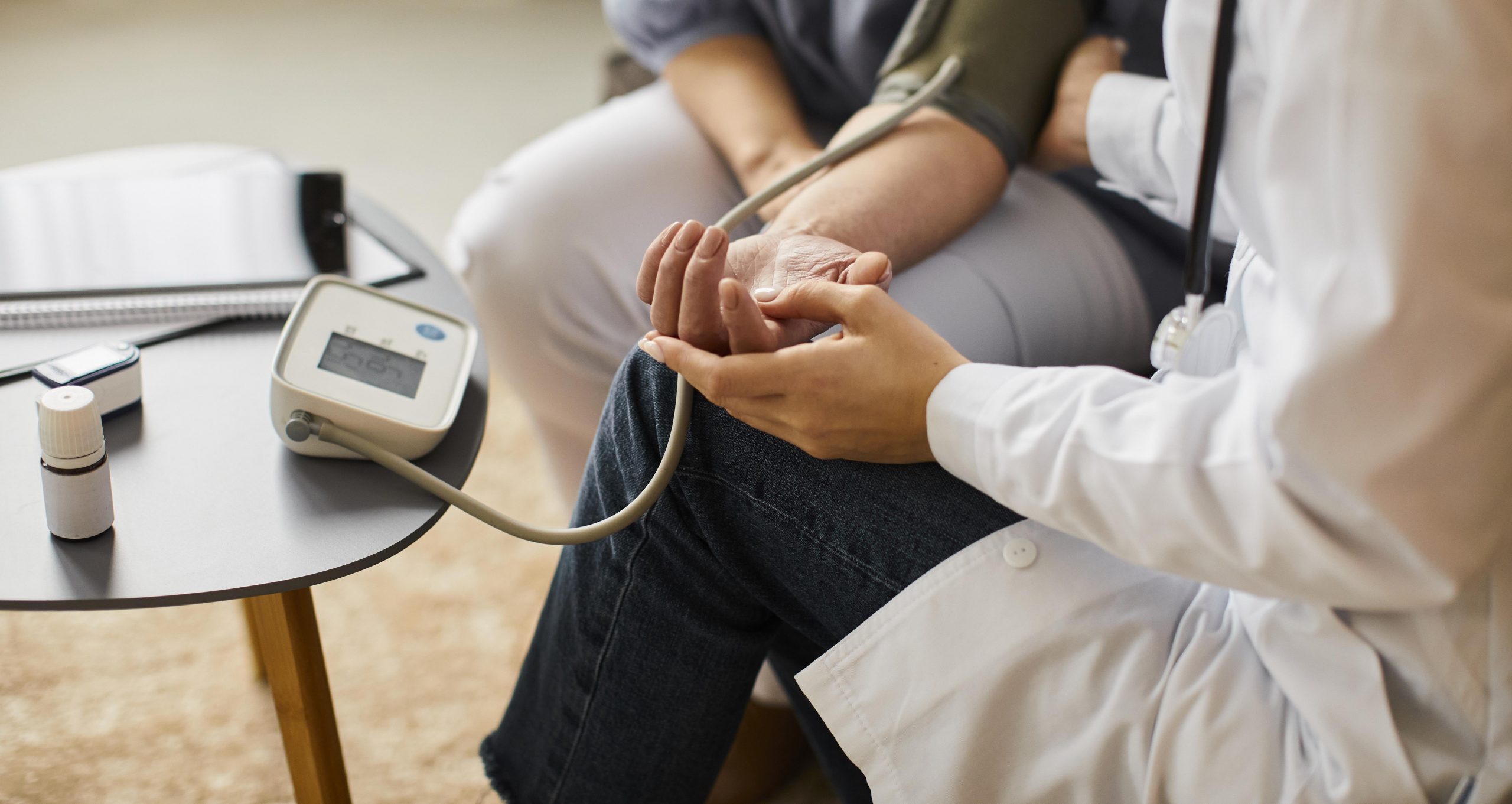Apr 14, 2025

Many heart disease patients feel deeply anxious upon diagnosis and after receiving extensive self-care advice from cardiologists. One key recommendation is strict dietary control—stopping indulgence to prioritize health.
Even those without heart disease should monitor themselves for risk factors. If preliminary health checks reveal high blood fat levels, dietary control becomes essential. For heart patients with high cholesterol, avoiding fatty foods slows coronary artery blockage and reduces cardiac complications.
Foods That Increase LDL (Bad Cholesterol):
Bakery items: Cakes, cookies, pies, donuts.
Fast food: Pizza, hamburgers.
Why? High in saturated fats and cholesterol, directly harming heart health.
Processed High-Fat Foods:
Semi-processed meats: Bacon, sausages, ham, Chinese sausage (กุนเชียง), pork rolls (หมูยอ).
Why? Frequent consumption, especially fried in oil, increases artery blockage risk.
Animal Fat-Heavy Dishes:
Single-plate meals: Braised pork leg rice (ข้าวขาหมู), chicken rice (ข้าวมันไก่), fatty cuts of pork/beef.
Avoid animal skin and organ meats.
Excessively Salty or Sweet Foods:
Salty foods: Salted fish/meat, pickled vegetables, dried shrimp, shrimp paste, salted eggs.
High sodium and preservatives (e.g., MSG) raise blood pressure.
Sweet foods: Pastries, sweetened bread, desserts, soda, sugary juices.
Choose fresh, unsweetened fruit juices or low-sugar fruits like green apples, guava, rose apple, dragon fruit, or yam bean.
Avoid: Durian, jackfruit, longan, custard apple, grapes.
Foods Cooked with Excessive Oil:
Use heart-friendly oils: Rice bran, soybean, olive, corn, or sunflower oil.
Avoid deep-fried foods; opt for boiled or steamed dishes.
If frying, use rice bran or canola oil (higher in healthy HDL fats).
High-Cholesterol Seafood:
Shrimp, squid, oysters.
Limit intake to reduce cholesterol buildup.
Alcohol:
Avoid completely: Strains the heart and blood vessels.
Caffeinated Drinks:
Tea, coffee, soda.
Why? Caffeine spikes heart rate and blood pressure. Consume minimally under medical guidance.
Avoid: Trans fats, processed meats, excess salt/sugar, alcohol, and caffeine.
Choose: Fresh, low-sodium meals, lean proteins, whole grains, and healthy oils.
Always consult a cardiologist or nutritionist for personalized advice.
